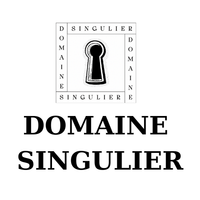Alcohol in perfumery
Why do we use alcohol in our home fragrances?
Alcohol plays a key role in the art of perfumery: it allows the harmonious dilution of perfumed essences, aromatic extracts (absolutes, resins, etc.) and even certain synthetic ingredients.
A demanding and committed choice
While the majority of home fragrances are formulated with non-organic beet alcohol, often with an unspecified origin, at Domaine Singulier we have chosen a denatured organic wheat alcohol, certified by Ecocert of very high quality. Its origin is known, its traceability controlled. This choice is in line with our requirement for naturalness and transparency.
discover our perfume rituals
◇ Optimal diffusion of scents. Thanks to its rapid evaporation, alcohol promotes an even and immediate diffusion of fragrant notes into the air. It also provides an immediate, subtle and incomparable sensation of freshness.
◇ Excellent preservation of perfumes. Alcohol acts as a natural preservative, preserving the richness of the olfactory accords for several years after opening, provided of course that the bottle is kept in good conditions (away from light and heat).
◇ Natural purifying properties. Beyond its olfactory role, alcohol has antibacterial and purifying properties, making it a valuable ingredient in a natural home fragrance.
Precaution for use.
Like all alcohol-based products, our home fragrances should be stored away from any source of heat or flame.






